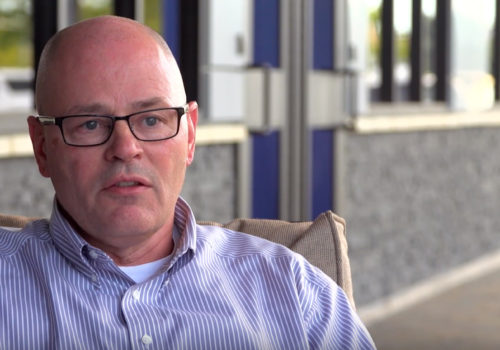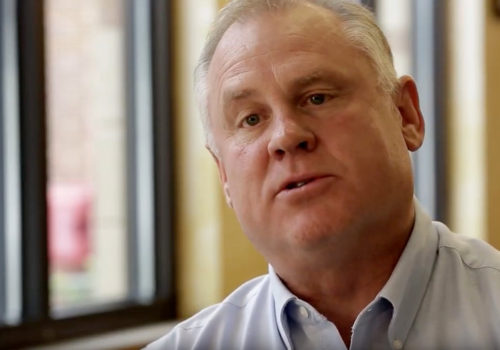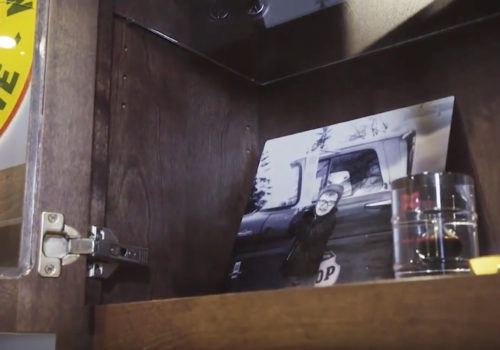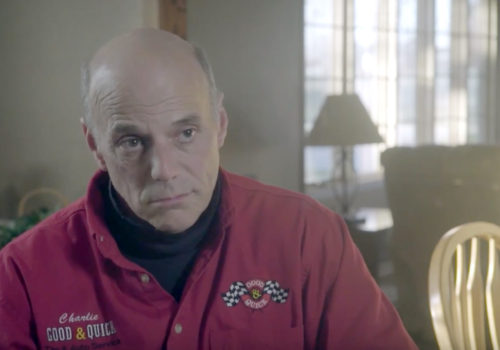E15 LIABILITY SCARES BELONG WITH BIGFOOT, UFOs, AND AL CAPONE’S VAULT.
Legal claims of damage from ethanol sound scary but are essentially non-existent.
Despite being an extremely simple chemical that occurs in nature and fine liquor stores everywhere, ethanol has been the target of misinformation campaigns for years. One of the best-selling fictions about the E15 is that it will damage engines — and that fuel retailers should run from it to dodge legal trouble.
Never mind that NASCAR and high-performance car enthusiasts around the world race with high-ethanol fuel. Or that in Brazil, the fifth largest country in the world, just about every car runs on flex fuels. Or that E15 is one of the most tested fuels ever to enter the U.S. market (the EPA has approved it for use in 200 million cars and light duty-trucks, or 80% of the entire U.S. fleet).
The easiest way to expose myths about damage that ethanol allegedly causes is to just ask the marketplace: where are court cases, where are the voided warranties, where is the graveyard of engines damaged by high blends of ethanol?
Answer: entirely in your imagination. The problems that fear-mongers have preached for years simply haven’t materialized. What has become apparent, though, is that where retailers offer E15 and flex fuels, drivers buy it.
It’s true, the EPA puts limits on the kinds of engines that can use E15 — going as far as to actually prohibit it. If you hear people complain that they’re worried about putting E15 into lawnmowers, small engines, motorcycles, or boats, just let them know it’s illegal anyway. Then point them to the right fuel for those engines.
Both retailers and the ethanol industry should be transparent about the extent of the EPA guidelines — E15 is not approved for cars built before Model Year 2001. Do the math, though: you’re talking about cars that are 19 years old there. They’re a fraction of the active fleet on U.S. roads.
“People think there’s going to be problems with their motors,” says Charlie Good, a fuel retailer in Nevada, Iowa. “I’m five years into this and I have had not one single complaint, not one single claim. There’s absolutely no down side in my book.”
An ASE certified mechanic, Good has two service bays a staff that does maintenance and repairs. He says not one of his customers has ever come in with a problem or complaint. The only real trouble he seems to have is with people waiting to get to the single blender pump he has at his station.
“The dumb thing about what I did is, instead of putting in one blender pump, I should have put in three,” he says. “There’s people that want it, and there’s more people who would put it in if they were at a pump that had it.”
Scott Zaremba was the first in the country to put E15 into his stations, Zarco USA of Lawrence, Kansas. Since he started offering E15 in July 2012, he has not had a single proven claim (a single customer made a complaint that was disproven, so he’s still batting a thousand).
“Tens of millions of gallons, tens of thousands of customers, and we have not had one single substantiated claim,” Zaremba says. “The risk of putting in blender dispensers are very limited. It’s a lot of propaganda being put out. We don’t have an issue with higher blends of ethanol, E15 and above.”
Just be ready for fear-mongers crying “liability” to be the number one source of noise when you look into flex fuels. Among the myths you’re likely to hear:
- E15 causes engine damage: It’s not right for cars built before 2001, but for everyone else — and full 80% of the market, it’s okay. Those older cars should just keep fueling with standard E10. The other 200 million motorists can enjoy the savings and performance of E15.
- E15 will void warranties on engines: No one seems to be able to produce any evidence of this. Oddly, the opposite seems to be happening: more and more manufacturers are actually warrantying their cars to run on E15. Find out who they are in our Flex Fuel Road Map, which you can find here. (link)
- E15 will ruin my boat: Never mind that E15 in boat engines is illegal, boaters still have options. All major marine manufacturers approve the use of E10 in their engines; save the E15 for your car.
- E15 will ruin my motorcycle: Probably untrue, and definitely not if you ride an Indian Motorcycle, which approves the use of E15. As with others on this list, bikers have choices. They don’t have to use E15.






